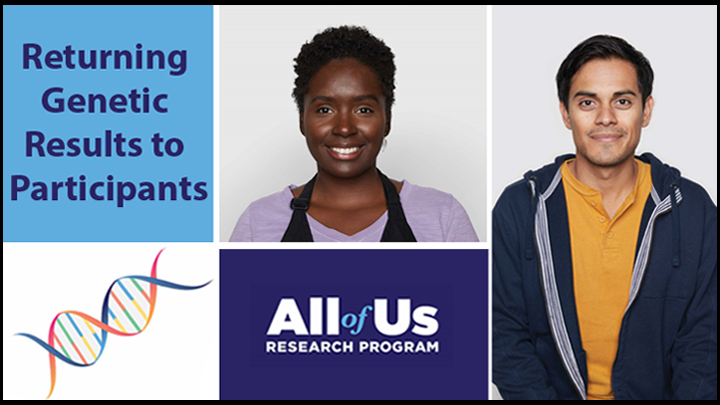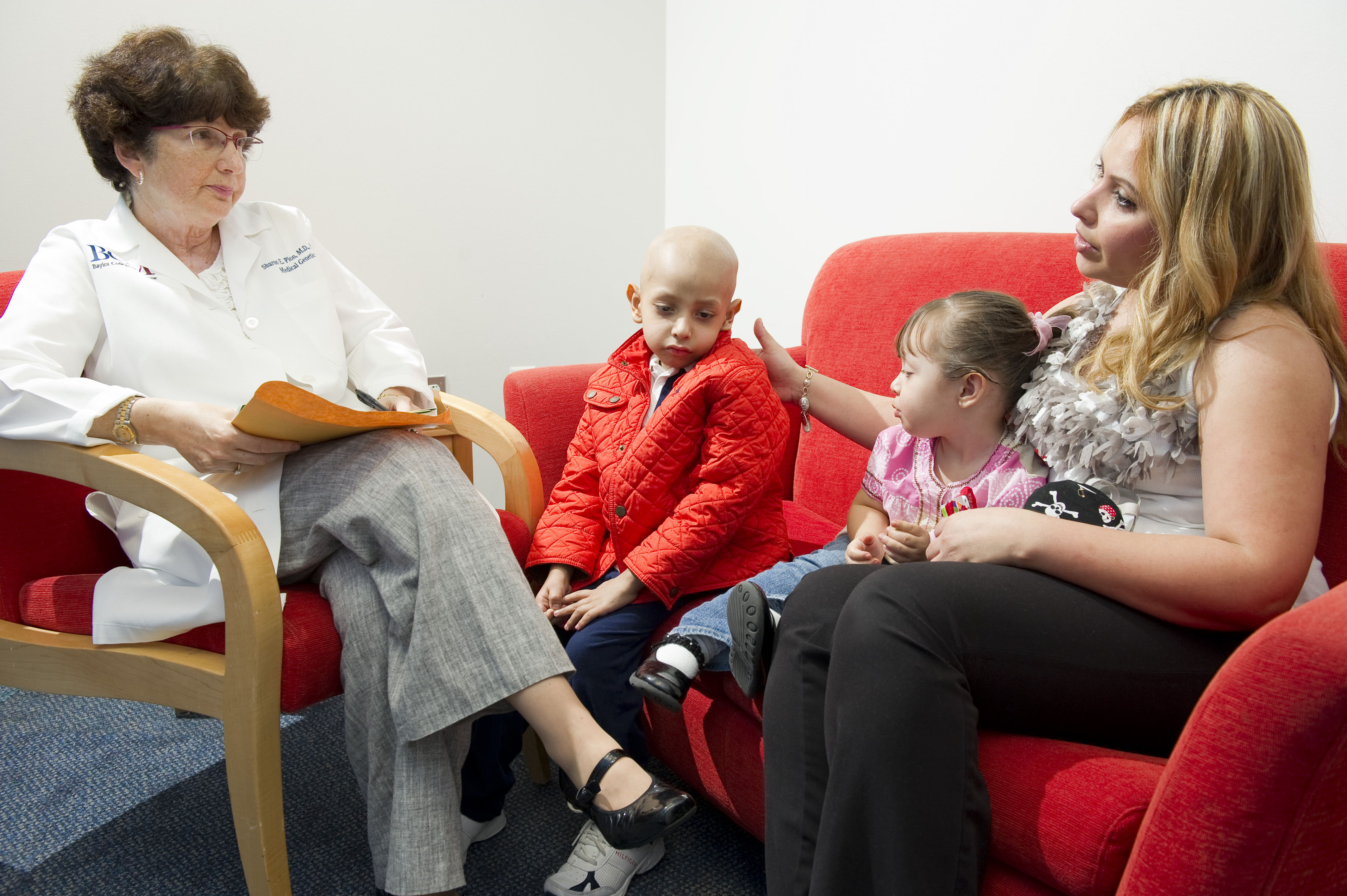genetic information
All of Us: Partnering Together for the Future of Precision Medicine
Posted on by Dr. Francis Collins

Over the past year, it’s been so inspiring to watch tens of thousands of people across the country selflessly step forward for vaccine trials and other research studies to combat COVID-19. And they are not alone. Many generous folks are volunteering to take part in other types of NIH-funded research that will improve health all across the spectrum, including the more than 360,000 who’ve already enrolled in the pioneering All of Us Research Program.
Now in its second year, All of Us is building a research community of 1 million participant partners to help us learn more about how genetics, environment, and lifestyle interact to influence disease and affect health. So far, more than 80 percent of participants who have completed all the initial enrollment steps are Black, Latino, rural, or from other communities historically underrepresented in biomedical research.
This community will build a diverse foundation for precision medicine, in which care is tailored to the individual, not the average patient as is now often the case. What’s also paradigm shifting about All of Us is its core value of sharing information back with participants about themselves. It is all done responsibly through each participant’s personal All of Us online account and with an emphasis on protecting privacy.
All of Us participants share their health information in many ways, such as taking part in surveys, offering access to their electronic health records, and providing biosamples (blood, urine, and/or saliva). In fact, researchers recently began genotyping and sequencing the DNA in some of those biosamples, and then returning results from analyses to participants who’ve indicated they’d like to receive such information. This first phase of genotyping DNA analysis will provide insights into their genetic ancestry and four traits, including bitter taste perception and tolerance for lactose.
Results of a second sequencing phase of DNA analysis will likely be ready in the coming year. These personalized reports will give interested participants information about how their bodies are likely to react to certain medications and about whether they face an increased risk of developing certain health conditions, such as some types of cancer or heart disease. To help participants better understand the results, they can make a phone appointment with a genetic counselor who is affiliated with the program.
This week, I had the pleasure of delivering the keynote address at the All of Us Virtual Face-to-Face. This lively meeting was attended by a consortium of more than 2,000 All of Us senior staff, program leads with participating healthcare provider organizations and federally qualified health centers, All of Us-supported researchers, community partners, and the all-important participant ambassadors.
If you are interested in becoming part of the All of Us community, I welcome you—there’s plenty of time to get involved! To learn more, just go to Join All of Us.
Links:
All of Us Research Program (NIH)
Join All of Us (NIH)
Study Shows DNA Sequencing Brings Greater Precision to Childhood Cancer
Posted on by Dr. Francis Collins

Caption: Baylor’s Sharon Plon consults with a family at the Texas Children’s Cancer Center in Houston.
Credit: Paul V. Kuntz/Texas Children’s Hospital
An impressive number of fundamental advances in our understanding of cancer have occurred over the past several decades. One of the most profound is the realization that cancer is a disease of the genome, driven by a wide array of changes in DNA—some in the germline and affecting all cells of the body, but most occurring in individual cells during life (so-called “somatic mutations”). As the technology for sequencing cancer genomes has advanced, we are learning that virtually all cancers carry a unique set of mutations. Most are DNA copying errors of no significance (we call those “passengers”), but a few of them occur in genes that regulate cell growth and contribute causatively to the cancer (we call those “drivers”). We are now learning that it may be far more important for treating cancer to figure out what driver mutations are present in a patient’s tumor than to identify in which organ it arose. And, as a new study shows, this approach even appears to have potential to help cancer’s littlest victims.
Using genomic technology to analyze both tumor and blood samples from a large number of children who’d been newly diagnosed with cancer, an NIH-funded research team uncovered genetic clues with the potential to refine diagnosis, identify inherited cancer susceptibility, or guide treatment for nearly 40 percent of the children [1]. The potential driver mutations spanned a broad spectrum of genes previously implicated not only in pediatric cancers, but also in adult cancers. While much more work remains to determine how genomic analyses can be used to devise precise, new strategies for treating kids with cancer, the study provides an excellent example of the kind of research that NIH hopes to accelerate under the nation’s new cancer “moonshot,” a research initiative recently announced by the President and being led by the Vice President.
